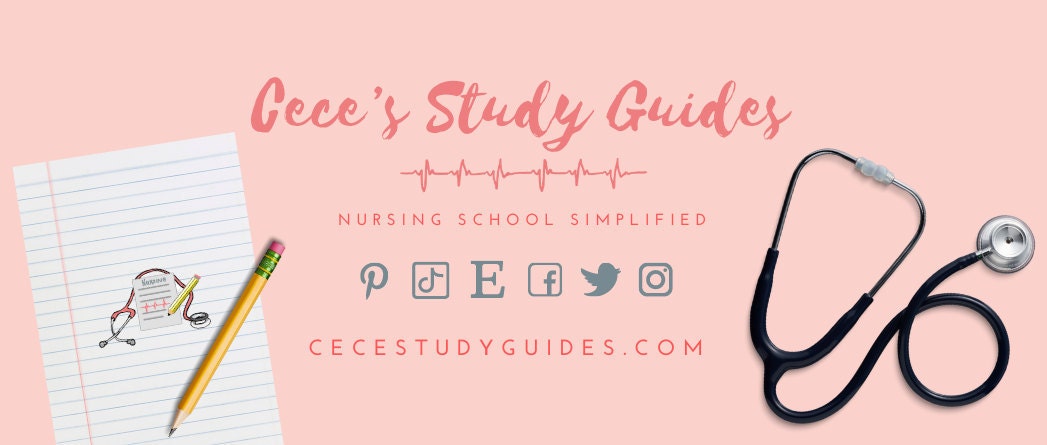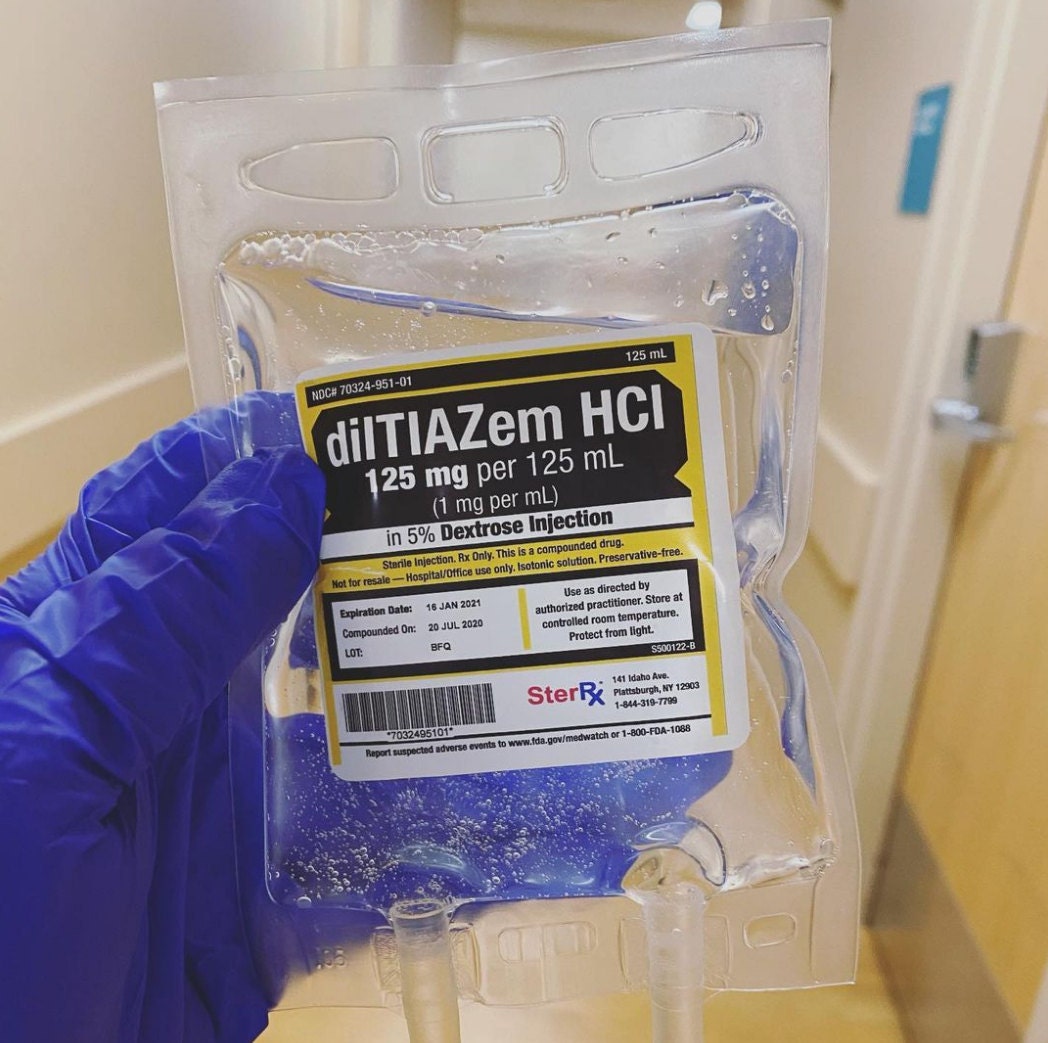💔Diltiazem (Cardizem) ♥️
Cardizem is one of the more common cardiac meds I give on the telemetry/step-down floors. It’s given via PO, IV push and IV infusions 💉 💊
I actually enjoy having a patient on a Cardizem drip because I have the autonomy to titrate the drip rate and see an immediate change in their heart rate and condition. Very satisfying!
What’s it used for❓
❣️Decreases BP in hypertension ❣️Causes coronary vasodilation to treat angina ❣️Reduces ventricular heart rate in cardiac dysrhythmias like A-Fib and SVT
How does it work❓
♥️Blocks calcium channels in the blood vessels ➡️ vasodilation of peripheral arterioles and arteries ♥️Blocks calcium channels in the myocardium, SA node and AV node ➡️ decreased HR, slows rate of conduction through the 🫀
Precautions ⚠️
🔹There is a higher risk of hypotension in hepatic impairment and geriatric patients 🔹Should be used cautiously in HF and patients with renal impairment
Contraindications 🚫
▪️Sick sinus syndrome ▪️Hypersensitivity ▪️Systolic BP <90 mmHg ▪️2nd or 3rd degree heart block unless pacemaker is in place
Side Effects 🤢
* Peripheral edema * Hypotension * Syncope * Stevens-Johnson syndrome * Tremors * Blurred vision * Cough, dyspnea * Dizziness * Drowsiness * Joint stiffness
Nursing Considerations
🩺 Monitor BP and pulse prior to administering 🩺 Closely monitor BP and HR during titration of diltiazem drips 🩺 Assess for signs of HF and peripheral edema 🩺 Assess for rash (SJS) 🩺 Monitor ECG continuously during administration 🩺 Educate the patient to take the medication the same time each day and to report rash, SOB, excessive swelling, severe headache 🩺 Encourage the patient to comply with other heart healthy interventions like weight loss, low sodium diet, smoking cessation and stress management.
If you found this helpful, share it with a study buddy!


